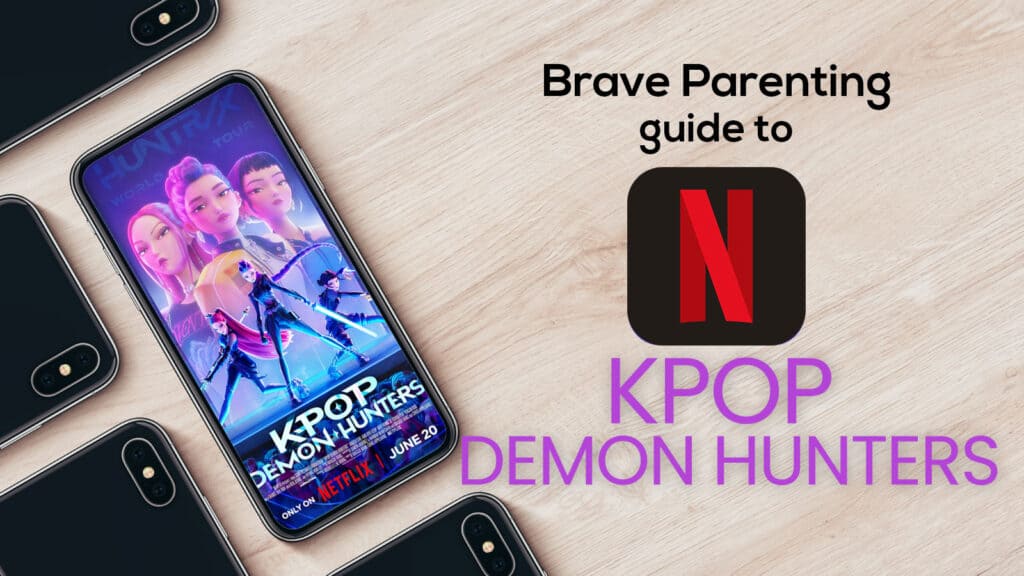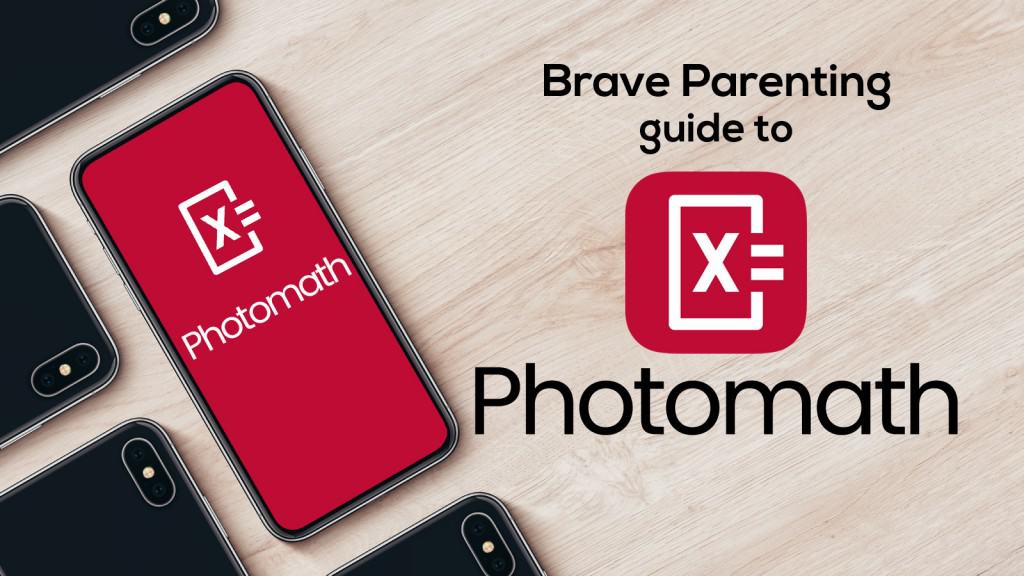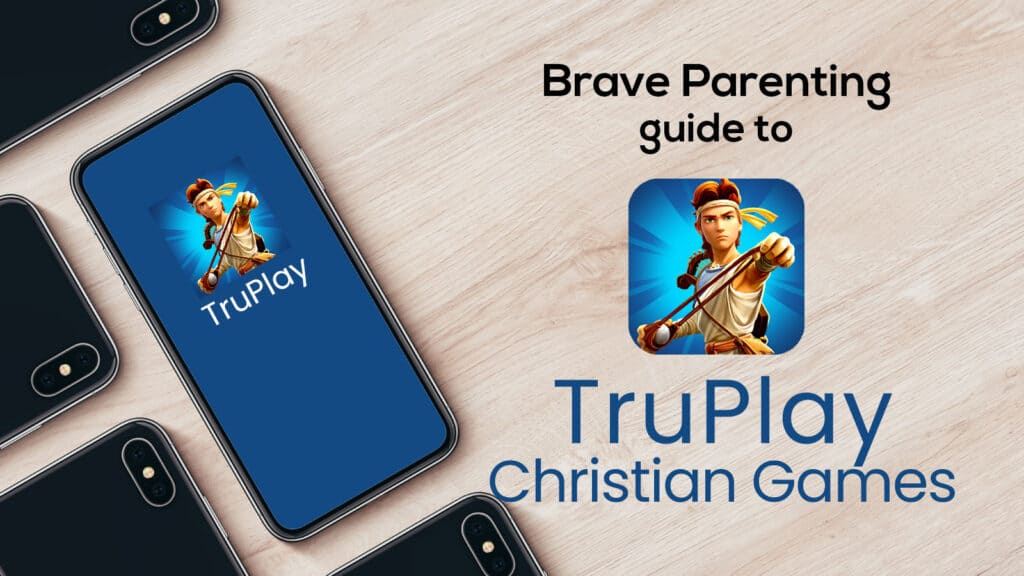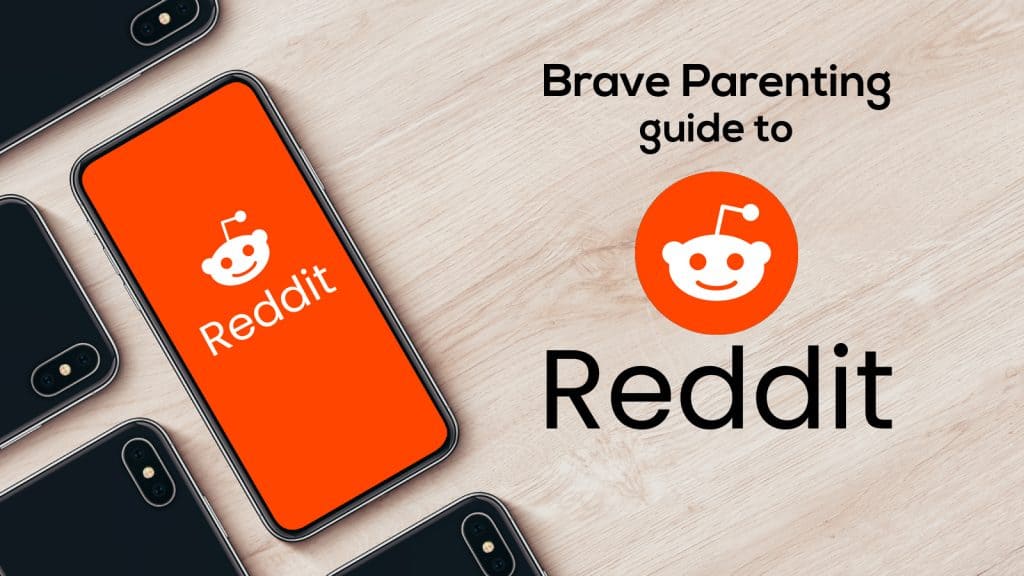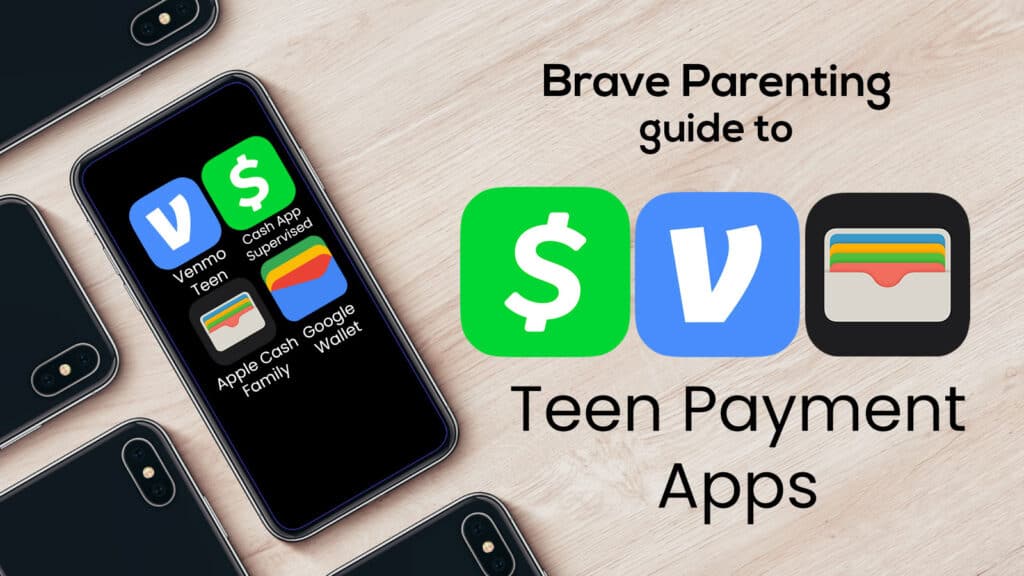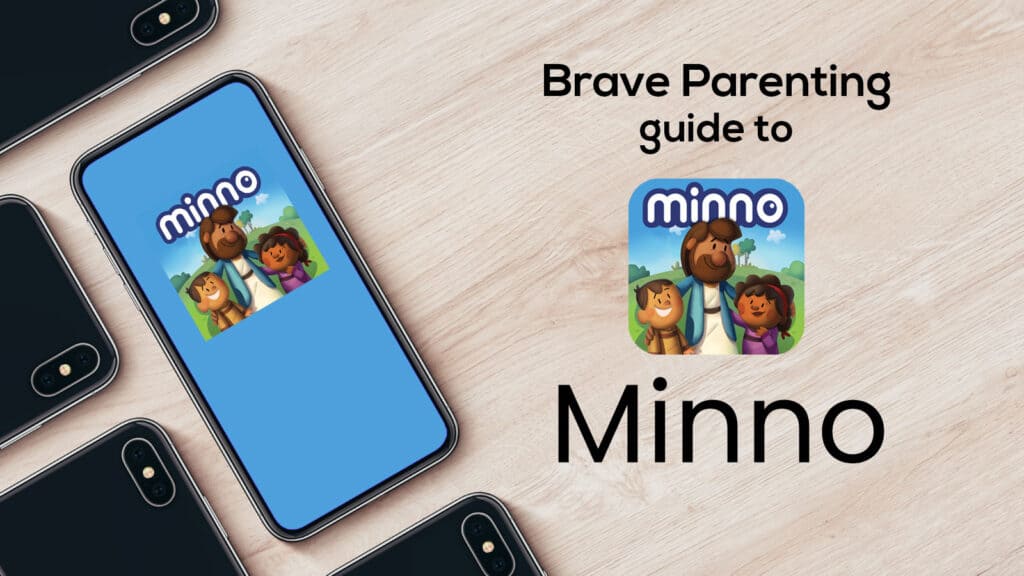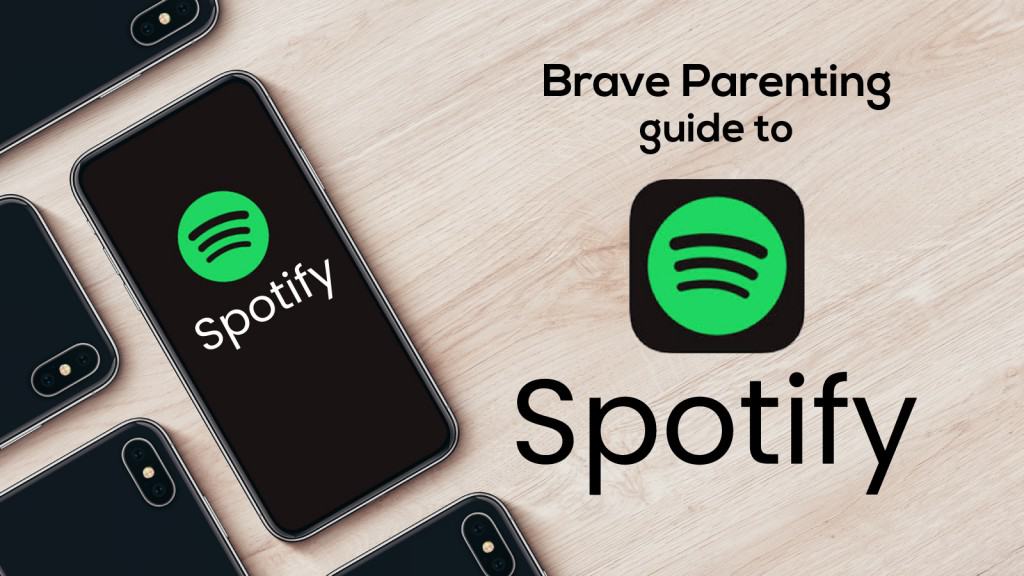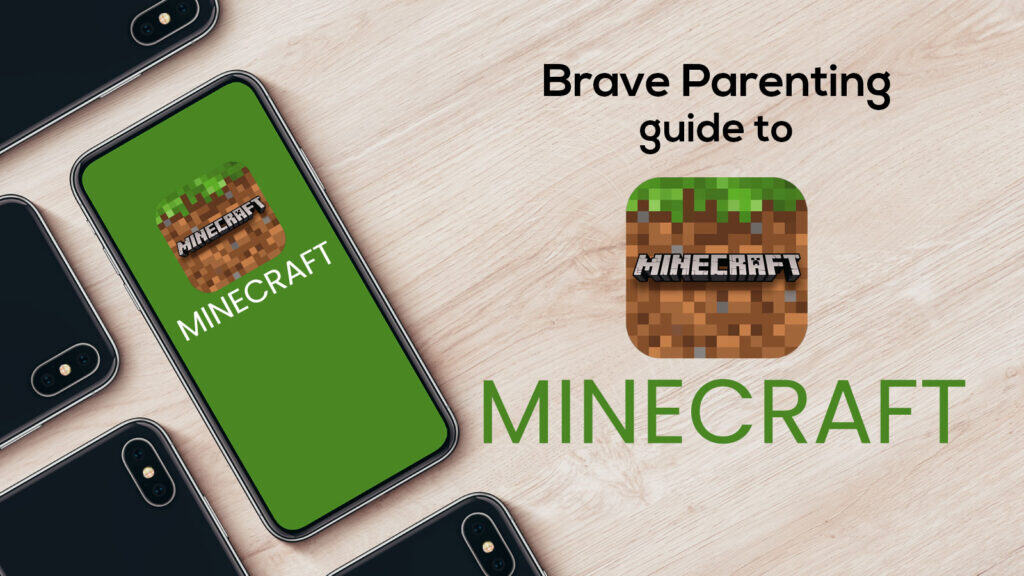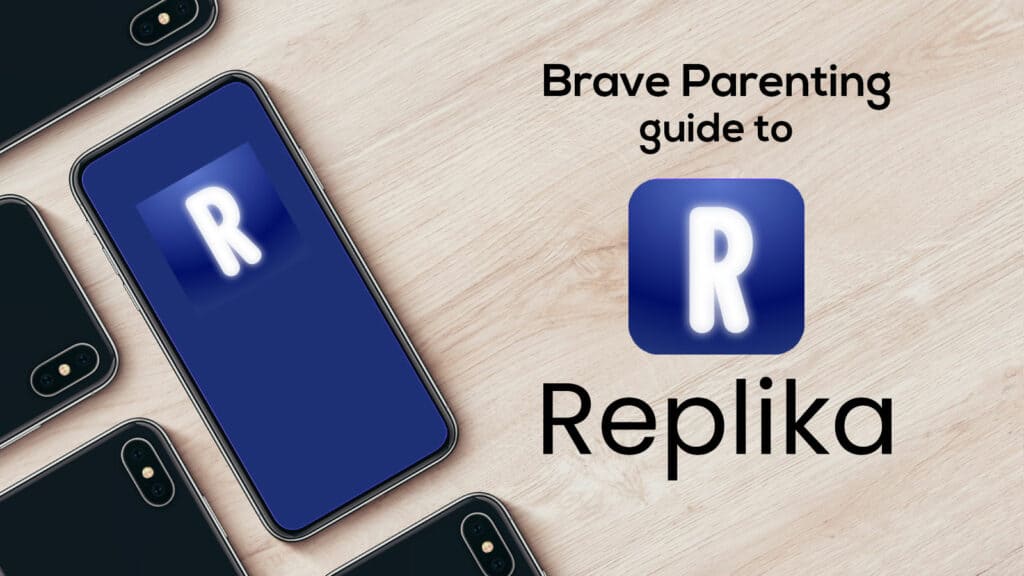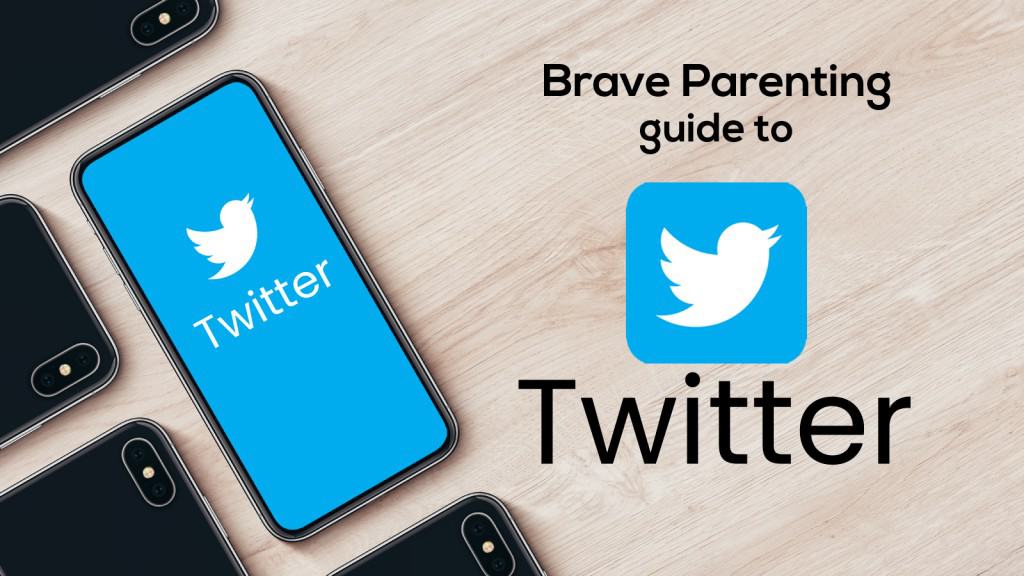Netflix‘s new movie release, KPop Demon Hunters, is an animated musical fantasy movie that rose to the top of Netflix‘s streaming films in its first week.
Its catchy soundtrack and instant popularity will make kids want to watch. For Christian parents, it is important to be discerning about the content children consume. A PG rating doesn’t always mean its themes are appropriate.

Here are 5 Facts/Biblical Considerations about KPop Demon Hunters you need to know:
#1 Plot Summary
For hundreds of years, a select group of women called Hunters has fought demons that roam the human world and steal souls for Gwi-Ma, the evil king. In this generation, a K-pop trio named HUNTR/X carries on that mission. They use the power of their voices in song to create a protective shield called the Honmoon.
The HUNTR/X members are Rumi, Mira, and Zoe, portrayed as strong, independent young women, but also relatable as they binge on food and yearn for relaxation (their couch). HUNTR/X’s lead, Rumi, faces some vocal challenges as they release their new single, “Golden.” Turns out, Rumi is half-demon, a secret she has hidden from the world and her bandmates. The demon marks on her skin have spread to her throat, affecting her voice. Rumi believes that “Golden” has the power to seal the Honmoon (the protective force against demons), which will cause her demon marking to disappear for good.

Meanwhile, a new demon boy band called The Saja Boys has entered the Korean music scene, sent by Gwi-Ma to destroy the Hunters. Led by Jinu, a demon who lived as a human 400 years ago but sold his soul to Gwi-Ma for a beautiful singing voice and a life of luxury. The Saja Boys’ hit song, “Soda Pop” enables them to attract half of HUNTR/X’s fan base in order to steal their souls.
Even as rival pop stars, Rumi and Jinu ultimately find common ground in their shared demonhood. Rumi’s internal conflict and secret meetings with Jinu have pushed HUNTR/X to the edge as they prepare to compete in the World Idol Awards. During the performance, Rumi’s demon marks are exposed, and she runs away, only to come back to the Saja Boys’ performance more empowered than ever. Singing a new song, she fights the force of Gwi-Ma to the point of defeat when Jinu steps in and saves her.
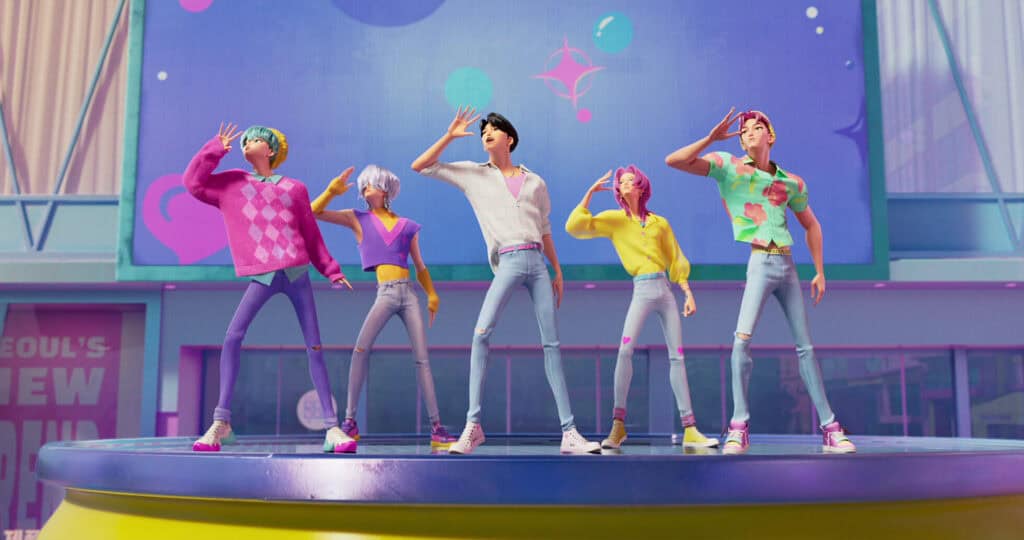
#2 Theme: Power of Fame & Fandom
One of the first and most obvious themes in the movie is the worship of celebrities. HUNTR/X fans (and similarly, The Saja Boys’ fans) chant, scream, and weep at their concerts, expressing their overwhelming love for them.
Modern media has normalized this, presenting fame and fandom as harmless or even heroic. The same behaviors are evident at Taylor Swift concerts.
HuntriX’s performances, however, are not merely concerts but almost a cult-like ritual that generates the spiritual energy needed to maintain the protective Honmoon. The fans’ adoration and worship are necessary for their protection – or, essentially, their salvation.
This is a very dangerous, yet subtle lie. Salvation is never found in the worship of an idol, whether that is a golden calf or a pop star. No one can save themselves or be saved by fellow man. Salvation is by grace, through faith in Jesus Christ.

*IF YOUR KIDS HAVE ALREADY WATCHED K-POP DEMON HUNTERS:
Children need to recognize the lie of fame and fandom because online media radically and excessively promotes it.
Help your kids understand that, biblically, there is power in worship, but it is never the worship of man; it is only the worship of God. The fandom cult following is a direct representation of the misplaced worship God describes in Romans 1:25:
They exchanged the truth about God for a lie, and worshiped and served created things rather than the Creator—who is forever praised.
Read Romans 1:18-32 together and identify how misplaced worship occurs and its consequences. Every heart is made to worship; therefore, the question is, whom or what will they worship?
#3 Theme: Demons as Soul-Stealing Beings
The film vacillates between portraying the demons as cutesy, scared idiots and as a faceless army of ghosts. They are metaphorical, representing shame, fear, and insecurity, as well as literal creatures that fly around and feed on souls. The film showcases the negative voices in a person’s mind (such as “you’ll never be good enough”) as demonic activity.
While Scripture does teach that Satan and his demons are real and actively seek to steal, kill, and destroy (John 10:10, 1 Peter 5:8), the demons in this movie are more like an externalized force of mental manipulation producing shame. Sin and evil, however, cannot be reduced to internal struggles and confusion about identity, as was the case with Rumi. Sin is rebellion against a holy God (Romans 3:23).
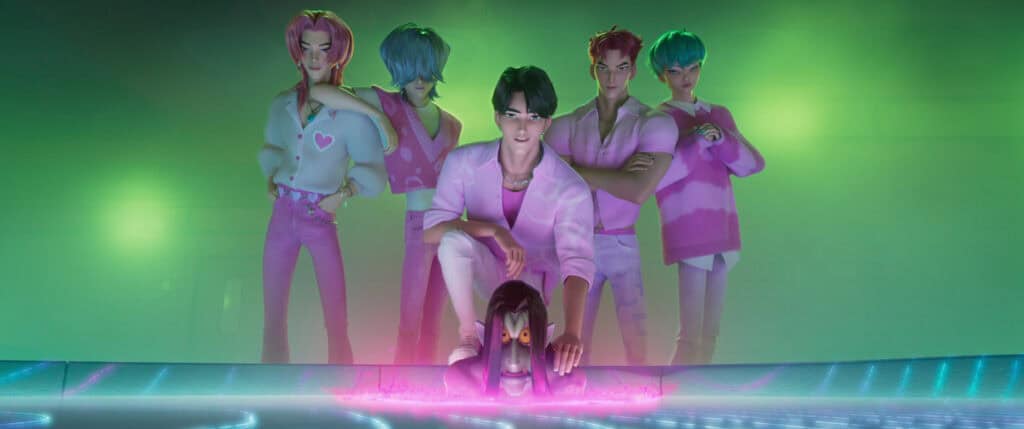
*IF YOUR KIDS HAVE ALREADY WATCHED K-POP DEMON HUNTERS:
Help your kids understand that Satan and his demons do not have the power to steal souls. Teach them that human souls are either redeemed by Christ or remain dead in sin. Only unrepentant sin separates a soul from God, as Romans 6:23 says:
For the wages of sin is death, but the gift of God is eternal life in Christ Jesus our Lord.
Young people hear a vast amount of cultural lies regarding their identity and worth. Guide them to understand that Satan speaks only lies (John 8:44) and that accusations come from Satan, the accuser (Revelation 12:10). On the other hand, guilt is a right response to sin (2 Corinthians 7:10) and conviction of sin comes from the Holy Spirit to lead us to repentance (John 16:8).
Salvation is not found by balancing the good and evil within us. Similarly, no one can justify evil and sin as neutral in light of their “good.” Salvation is found only by dying to sin and rising with Christ.
#4 Theme: Music as a Spiritual Force
In K-Pop Demon Hunters, music serves as a spiritual weapon, generating mystical power that wards off evil. Empowered by emotions, choreography, and fan devotion, the music becomes salvific.
In this portrayal, music becomes the object of faith, replacing God. Even worse, music is the savior.
This idea becomes dangerous in our current cultural landscape, where kids can stream personalized music playlists through AirPods 24/7. Many young people have developed a reliance on music to fill the silence and drown out the world. Music cannot save you, heal you, or forgive your sins.
Throughout Scripture, music serves as a means of worship and praise to God. People often sang music in response to God’s acts of creation, deliverance, and salvation (Exodus 15, Luke 1:46-55).
Consider Psalm 150:
Praise the Lord.
Praise God in his sanctuary;
praise him in his mighty heavens.
Praise him for his acts of power;
praise him for his surpassing greatness.
Praise him with the sounding of the trumpet,
praise him with the harp and lyre,
praise him with timbrel and dancing,
praise him with the strings and pipe,
praise him with the clash of cymbals,
praise him with resounding cymbals.Let everything that has breath praise the Lord.
Praise the Lord.

*IF YOUR KIDS HAVE ALREADY WATCHED K-POP DEMON HUNTERS:
It’s possible that this theme went over their heads, but it’s nonetheless dangerous.
Discuss the film’s idea that music is a form of salvation. Again, ensure your children understand that salvation is found in Christ alone, by grace through faith.
Also consider the final song by the Saja Boys, titled “Your Idol”:
I’ll be your idol
Keeping you in check, keeping you obsessed!
Anytime it hurts, play another verse
I can be your sanctuary….You gave me heart now I’m here for your soul
I’m the only one who will love your sins
Feel the way my voice gets underneath your skin…Don’t you know I’m here to save you….
Coming from demons, these lyrics are eerily accurate. But when you contrast them with Psalm 150 above, it’s obvious which one fills the mind with praise.
It’s valuable to read the lyrics of the popular songs out loud with your kids. How do the lyrics contradict the truth of Scripture? It may or may not be a deal breaker for them to listen IF they can recognize the unbiblical messages.
#5 Rating & Recommendation
Netflix rates KPop Demon Hunter PG for action/violence, scary images, thematic elements, some suggestive material, and brief language. Brave Parenting agrees with this rating in a strictly secular sense. The violence does not involve gore (though demons are cut in half and decapitated), and the film includes no explicitly foul language or sexual innuendoes.
As an animated fantasy film, older children should generally recognize that it is not reality (i.e., people and giant cats cannot appear out of thin air).

Nevertheless, the movie is based on the very powerful force of music in adolescents’ lives, assigning it spiritual and salvific power. All of which either parodies the Gospel or directly contradicts the truth of Scripture.
Additionally, we cannot fail to mention how the filmmakers intentionally made the evil demonic force the “hot guys” whom everyone swoons over. This sets a terrible precedent for young girls to find evil attractive.
Therefore, considering all the themes discussed above, Brave Parenting does not recommend this movie for Christian families.
Families could theoretically watch together as a practice in “Spot the Lies,” but it’s cringeworthy enough to make most adults regret the decision. If your kids are absolutely desperate to watch it, co-view the movie with Parental Guidance and follow up with a biblical discussion.
If your children have already seen the movie (check your Netflix account to find out), we encourage you to start a conversation about it. What did they like, dislike, and understand? Ask the questions highlighted above in points #2, #3, and #4.
If they have not watched it yet, but they do have access to Netflix‘s PG-rated content on a device (not our recommendation), consider blocking access to the movie:
Parental Controls>Profile>Viewing Restrictions>Title Restrictions.

